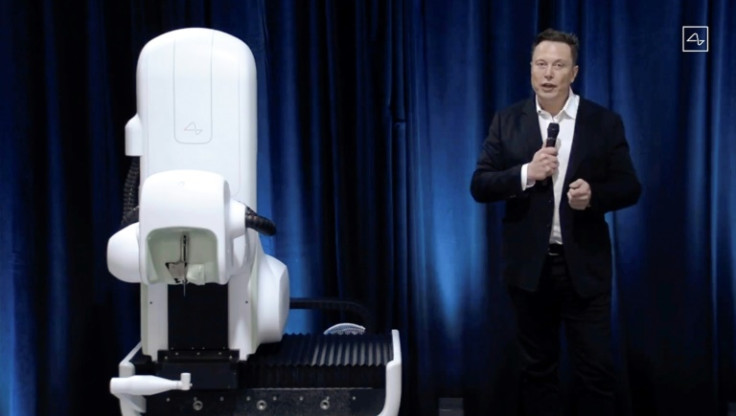Neuralink's Revolutionary Brain Implant Trial Gets Green Light in Canada

Elon Musk's Neuralink announced Wednesday that it has gotten a green light from Canada to study its fully-implantable, wireless brain-computer interface (BCI) that will allow paralyzed patients to operate digital devices with mind control.
The study aims to evaluate the safety of implant and surgical robot and assess the initial functionality of BCI for enabling people with quadriplegia to control external devices with their thoughts. The trial is currently open to Canadian residents with limited or no ability to use both hands due to amyotrophic lateral sclerosis (ALS) or cervical spinal cord injury, Neuralink said in a blogpost
Through this, Neuralink achieved a remarkable milestone in developing its BCI technology, which performs multiple roles, such as enhancing human cognition, treating medical conditions, and achieving a symbiosis between humans and AI.
The trial will assess the device's safety and effectiveness and whether it will offer long-term benefits to those with quadriplegia, or paralysis of all four limbs, who can control external devices with their thoughts, per Reuters.
Canada's University Health Network (UHN) is selected as the first hospital in Canada to perform the neurosurgical procedure involving the Neuralink implantable device as part of the study. UHN hospital said that its Toronto facility had been selected to perform the complex neurosurgical procedure.
The study, named CAN-prime, aims "to evaluate the safety of our implant (N1) and surgical robot (R1) and assess the initial functionality of our BCI for enabling people with quadriplegia to control external devices with their thoughts," according to a UHN news release.
"We are incredibly proud to be at the forefront of this research advancement in neurosurgery," UHN Chief Executive Officer Kevin Smith said. He also said UHN would be the "first and exclusive" site for the trial in Canada but did not say when it would begin.
The procedure, which combines state-of-the-art technology and advanced surgical techniques, will be carried out by a multidisciplinary team of neurosurgeons, neuroscientists, and medical experts at UHN.
"This is a perfect example of how scientific discovery, technological innovation, and clinical expertise come together to develop new approaches to continuously improve patient care," said Dr. Bradly Wouters, Executive Vice President of Science & Research, at UHN. "As Canada's #1 research hospital, we are proud to be leading this important trial in Canada that has the goal to improve the lives of individuals living with quadriplegia or ALS."
Neuralink, a brain chip startup, has successfully implanted its device in two US patients and is now moving forward with Canadian participants. Neuralink reported that the second U.S. patient to receive the implant can now play video games and has learned to design 3D objects.
© Copyright IBTimes 2025. All rights reserved.





















